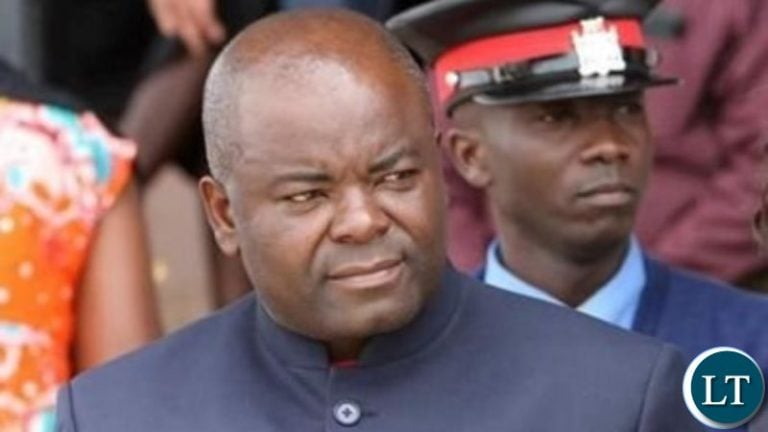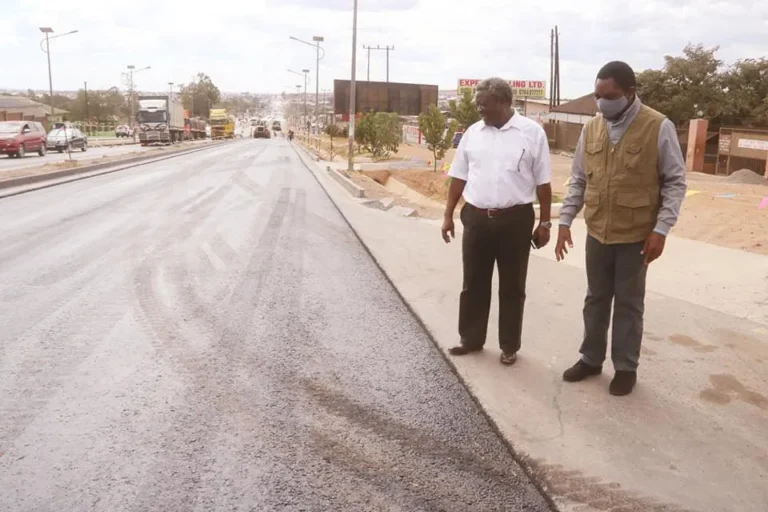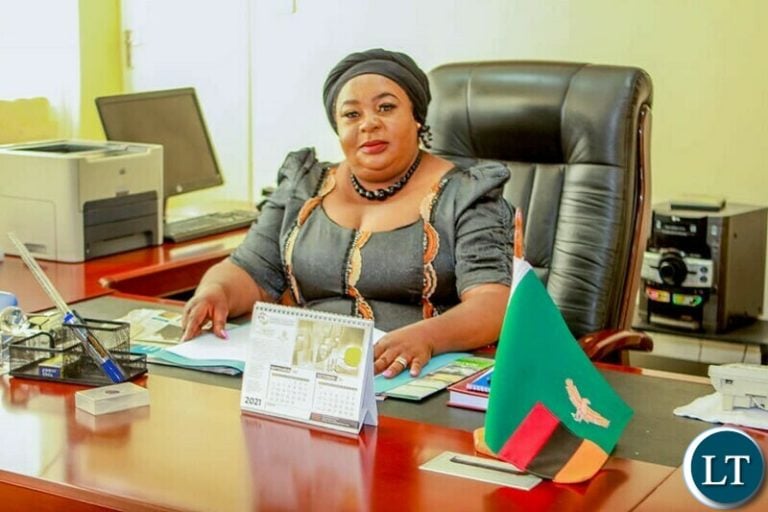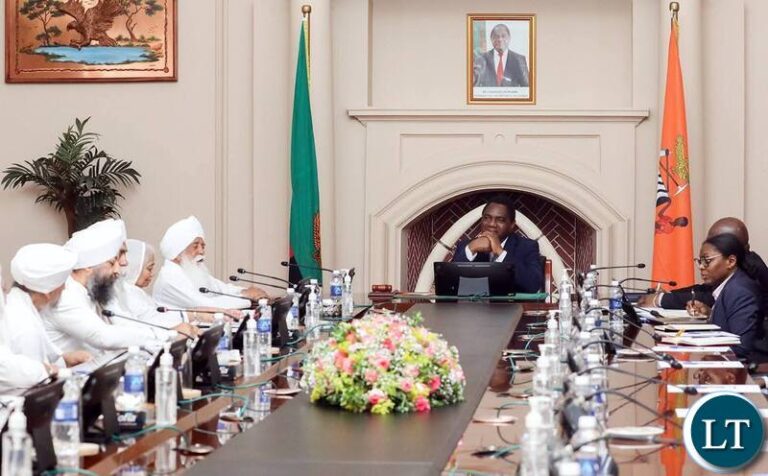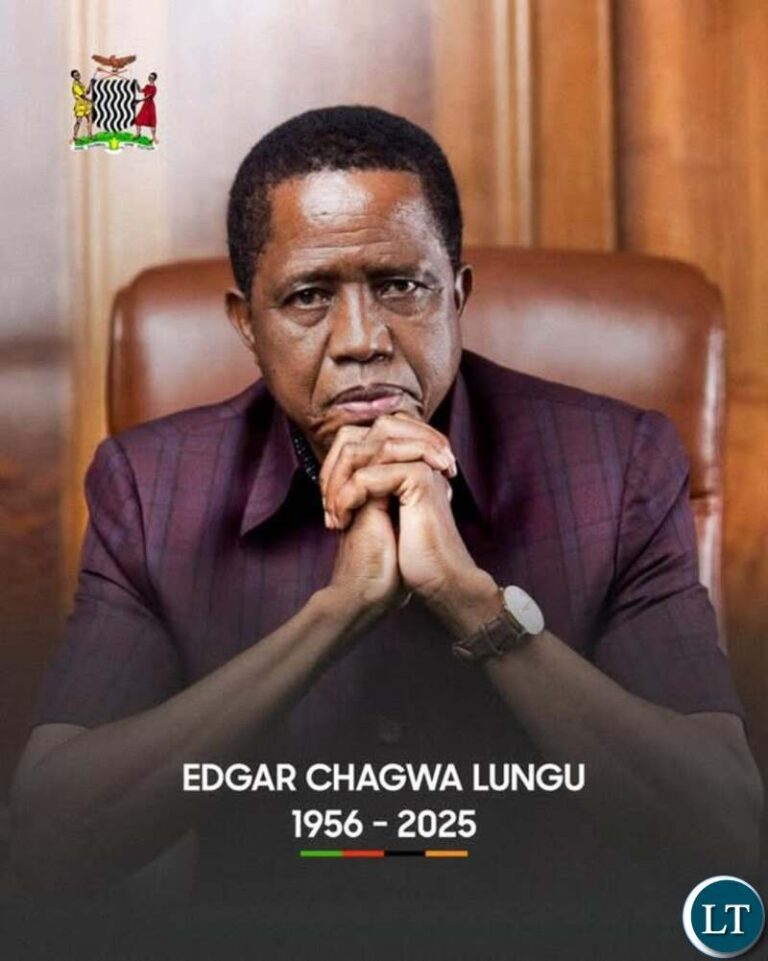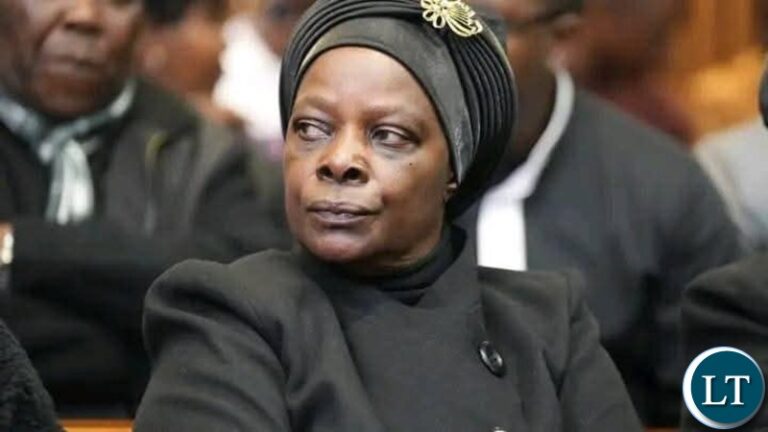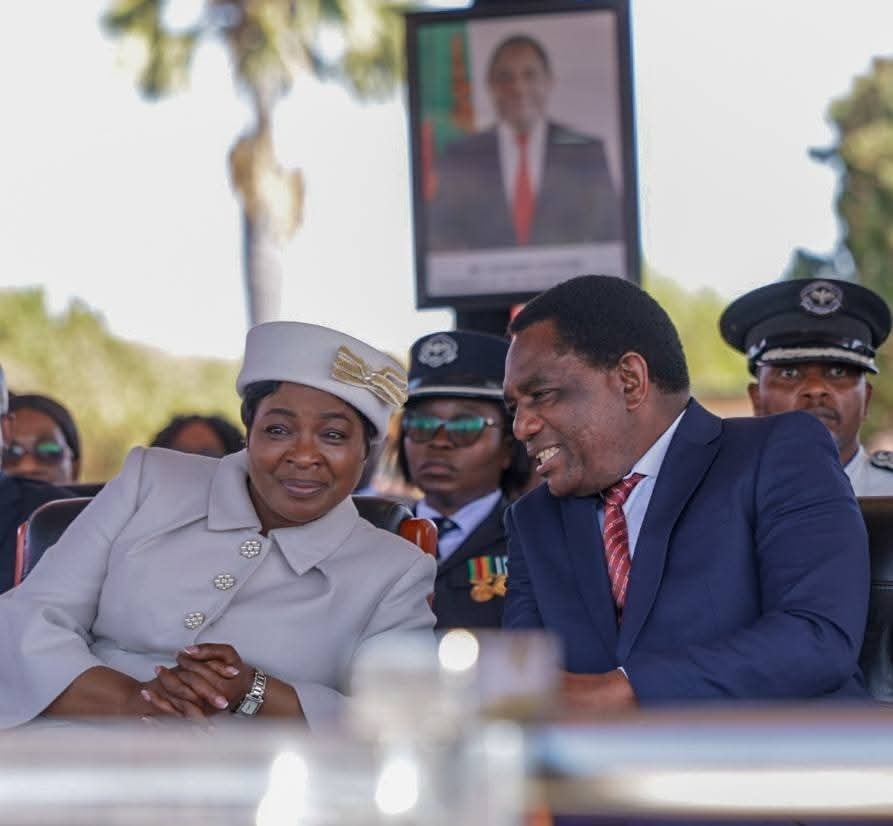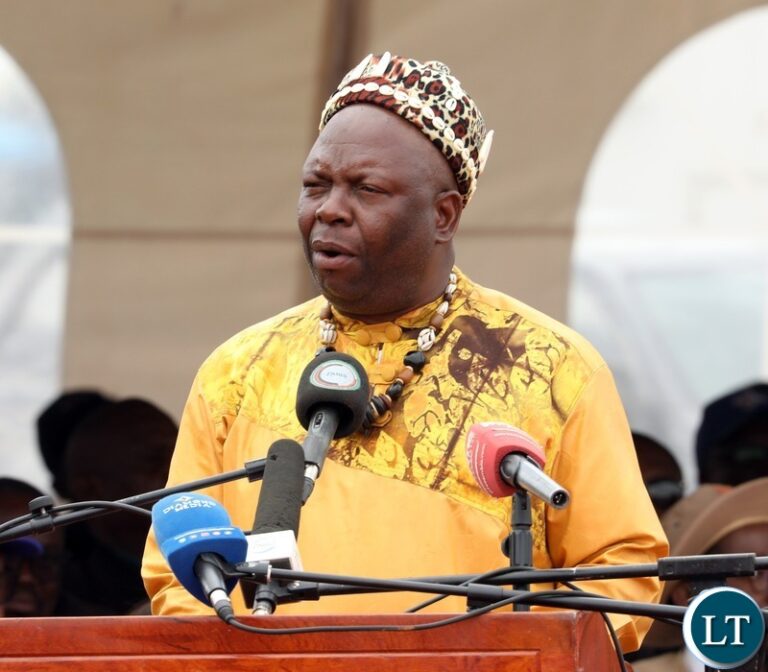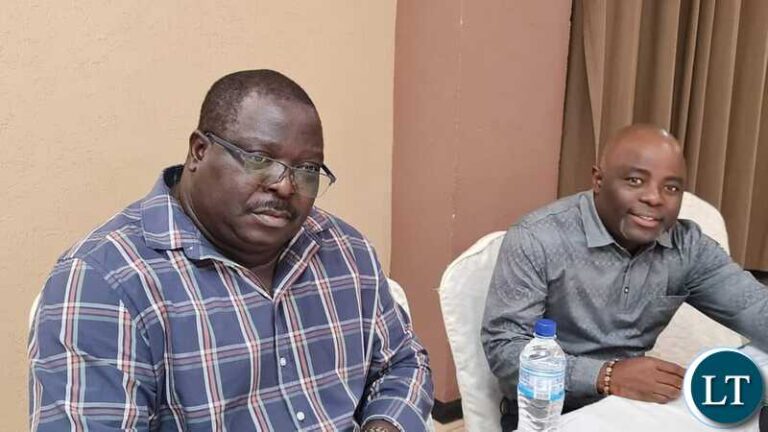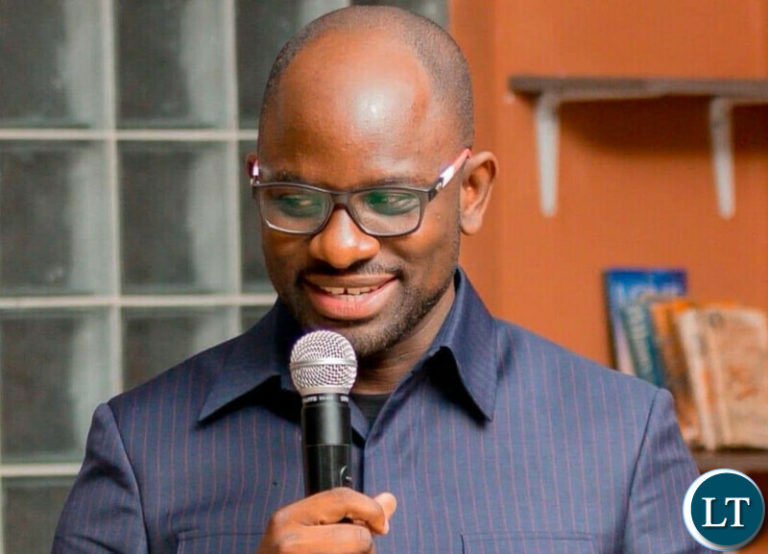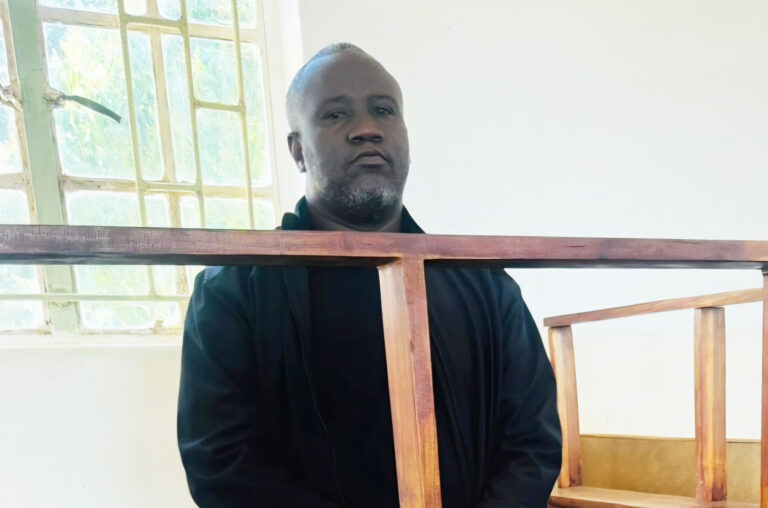A higher court has ordered that the corruption-related property case involving former Tourism and Arts Minister Ronald Chitotela be returned to the High Court for determination. The ruling brings the matter back into the mainstream of Zambia’s judicial process after weeks of legal contestation.
Chitotela has been facing allegations that he acquired property suspected to be proceeds of crime while serving in government. The Anti-Corruption Commission (ACC) maintains that his declared earnings did not match the scale of assets under his name, raising questions about possible abuse of office.
In its decision, the higher court held that the issues at hand required full examination by the High Court, which has jurisdiction to test evidence in corruption matters. The referral means the case will now proceed to trial, where prosecutors are expected to lay out details of the alleged irregular property acquisitions.
The judges emphasised that while preliminary arguments had been raised, the matter could not be resolved outside the High Court process. The referral gives the ACC another opportunity to present its case and demonstrate whether the former minister violated the law.
Investigators allege that Chitotela accumulated several houses and other properties during his time in office that could not be explained by his ministerial income. He has consistently denied the charges, stating that his wealth was legitimately acquired through personal investments and other lawful means.
His legal team has previously argued that the case amounts to harassment and political victimisation. They maintain that the former minister has been unfairly singled out because of his association with the Patriotic Front, which lost power to the UPND in 2021.
The ruling is the latest development in the government’s wider anti-corruption campaign, which has brought several former officials before the courts. While the UPND administration has pledged to clean up corruption and recover public resources, opposition voices have accused it of using prosecutions as a political weapon.
For supporters of the government, the decision to send the case back to the High Court reinforces the message that no individual is above the law. For critics, it provides an opening to argue that the state is determined to drag political rivals through protracted trials.
The case will now return to the High Court for hearing on its merits. If prosecutors can prove that Chitotela’s assets were unlawfully obtained, he risks forfeiture of the properties and possible imprisonment. If the defence succeeds, the outcome will add weight to claims of political persecution.
Observers say the matter is an important test of Zambia’s judicial independence. Anti-corruption watchdogs have urged the courts to move expeditiously, warning that delays risk undermining public confidence in the justice system.


